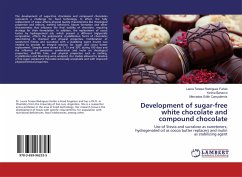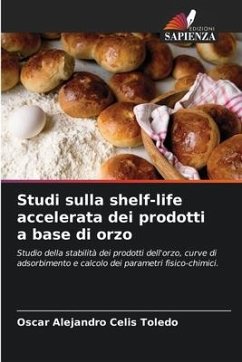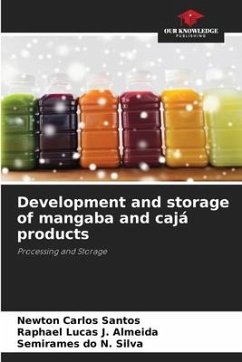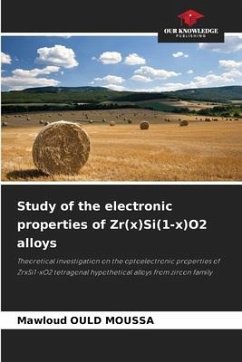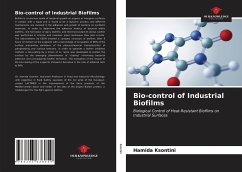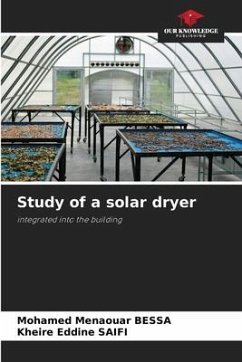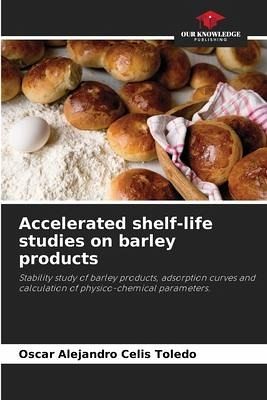
Accelerated shelf-life studies on barley products
Stability study of barley products, adsorption curves and calculation of physico-chemical parameters.
Versandkostenfrei!
Versandfertig in 6-10 Tagen
27,99 €
inkl. MwSt.

PAYBACK Punkte
14 °P sammeln!
Food is a biological and physico-chemical system with a variable quality that decreases over time. The time between the elaboration of the product until the parameters that determine its quality decay and are considered unacceptable for the consumer is called shelf life, and depends on factors such as humidity, storage temperature, quality of raw materials, among others. Shelf-life studies involve monitoring the product, evaluating its characteristics in conditions similar to those of storage and to determine the time in which its acceptability declines. However, there are foods that are stabl...
Food is a biological and physico-chemical system with a variable quality that decreases over time. The time between the elaboration of the product until the parameters that determine its quality decay and are considered unacceptable for the consumer is called shelf life, and depends on factors such as humidity, storage temperature, quality of raw materials, among others. Shelf-life studies involve monitoring the product, evaluating its characteristics in conditions similar to those of storage and to determine the time in which its acceptability declines. However, there are foods that are stable over time, in which carrying out studies in this way would be unfeasible due to the time involved in the analyses and the high associated cost. The Arrhenius model provides kinetic parameters such as the activation energy (Ea) and the pre-exponential factor (k0), which at study temperatures are considered constant. This model is widely used for lifetime studies, in which the appearance of an undesired characteristic or deterioration parameter is determined.



